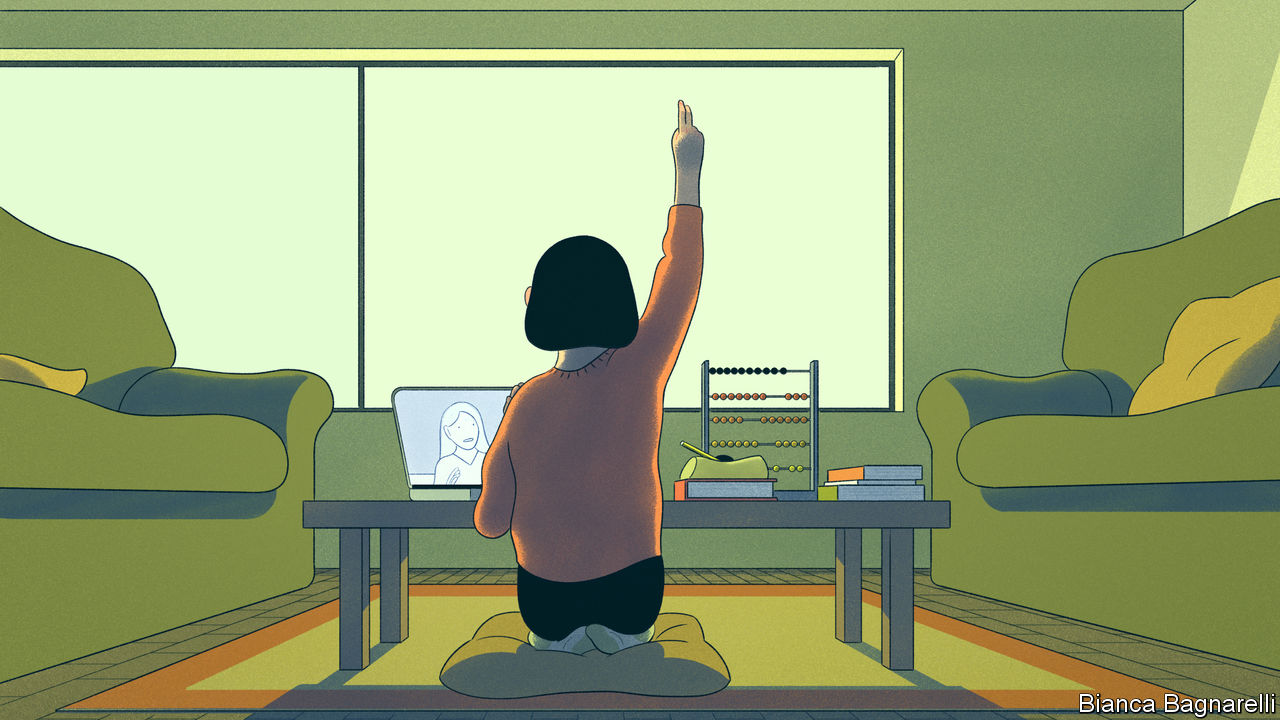Manage Anxiety & Stress: Coping During the COVID-19 Crisis
CURRENT EVENTS | March 19, 2020
Read time: < 1 Minute
The outbreak of Coronavirus 2019 (COVID-19), together with the closing of the schools, businesses, and the continually changing policies/procedures is providing stress, fear and anxiety. Fear and anxiety about a disease can be overwhelming and cause strong emotions in not only adults but also in children.
Reactions to stressful situations differ from person to person. Response and reactions to the COVID19 outbreak depends on a variety of issues such as background, previous experiences, community, and family needs. Stress responses to the COVID19 crisis may be stronger for:
-
Older individuals who may be at higher risk of contracting the virus due to a chronic illness
-
Children who are experiencing the stresses of their families
-
Health professionals and health care providers
-
Individuals with special needs or mental health conditions
It is important at times of stress to take care of yourself and those you love; stress reactions during this COVID19 crisis can include:
-
Fear and worry about one’s own health
-
Changes/worsening of chronic health issues
-
Fear and worry about the health of family members, friends
-
Changes in eating patterns
-
Changes in sleep patterns
-
Increased substance abuse
Steps to support your wellbeing to be able to care for our loved ones:
-
The news can be very stressful – take a break from watching the news, listening to the news, including social media
-
Share only facts, not exaggerations, the actual facts help to reduce stress
-
Practice relaxation, get plenty of sleep
-
Make time to unwind and engage in an activity that you enjoy
-
Talk with people you trust about your concerns and how you are feeling
-
Call your healthcare provider if stress gets in the way of your daily activities for several days in a row
Your child may be feeling the stress of the COVID19 crisis for any number of reasons such as:
-
Memories of a previous traumatic or stressful situation
-
Believing that someone they love is going to die, or the recent loss of a family member or loved one
-
Feeling that they are going to die
-
Stress related to changes in daily routines, living conditions
-
The closing of school
-
Separation of caregivers who are having to work more or different hours
-
Repeated exposure to mass media
Children take the lead from the adults around them. When parents/caregivers are stressed they are stressed, if their parents/caregivers react calmly and are supportive, they will be able to remain calm and be more reassured that everything is going to be alright. However, not all children/teens respond to stress in the same manner; common changes/reactions to watch for include:
-
An increased level of irritability and acting out
-
Loss of interest in previously enjoyed activities
-
Excessive worry, sadness, crying, sadness or irritation
-
Changes in eating or sleeping habits
-
Unexplained somatic complaints
You can support your child by:
-
Model calm behavior, proper eating, sleeping, relaxation techniques
-
Model talking with family and friends
-
Maintain regular routines
-
With schools being closed maintain a “school like” schedule including academic and relaxation time
-
Talk to your child about the facts of COVID19 outbreak
-
Limit their exposure to the media (TV, radio, social) regarding COVID19
-
Reassure them that they are safe
- Liquid Software
- 555-555-5555
- liquidsoftwarellc.com
© Copyright 2026 Liquid Software L.L.C. Web Design by Top Shelf Creative Studios.



